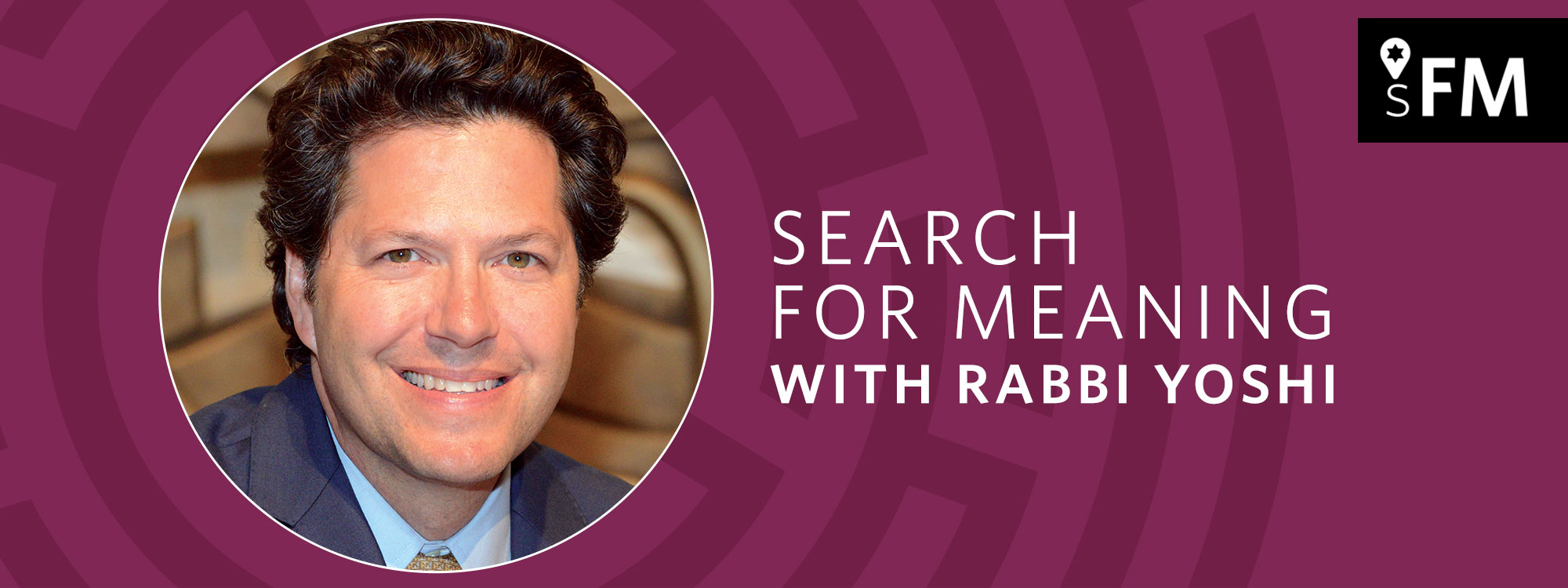This week’s Torah portion describes the special garments the priests were to wear when offering sacrifices on behalf of the children of Israel. We read that Aaron, the first High Priest, is to don a headband with the words “Kodesh L’Adonai” — “Holy to the Eternal” — engraved upon it.
There is—as you’d imagine—much debate amongst the sages as to the purpose of the headband and the meaning of the phrase, “Holy to the Eternal.” Why does Aaron wear it? Is it a reminder to him about the purpose of his work? Is it a badge of honor, designed to impress those who came into his presence? Is the implication of the phrase that Aaron himself is holy, or is it instead a reminder that his service is holy. Or—in good Jewish fashion—is it both?
A focus on the Hebrew word kodesh can teach us not only something important about Aaron, but about ourselves as well. The word is usually translated as “holy,” but what it really means is “set apart for a special purpose.” The headband is a reminder to Aaron not that he is better than others or more worthy of respect, but rather that he has a unique job to do in his service to the Divine. In this sense, each of us could (and maybe should) wear—figuratively—the same headband. When the Temple stood, there was only one High Priest at a time. Only one person was set apart for that special task. Each of us, though, has a unique role to play in this world, a special task that only we can accomplish. Every one of us is set apart for some sort of holy work.
Whether it’s as a teacher, a healer, an entrepreneur, or a philanthropist, we each are capable of becoming Kodesh L’Adonai. The question to ask yourself is: “What is my special role? What is the service that only I can provide our world, the holy task meant for myself alone?” The reminder, the secret, and the blessing of this week’s Torah portion is this: You are holy—set apart—for your special service to God.
Shabbat shalom,
Yoshi

